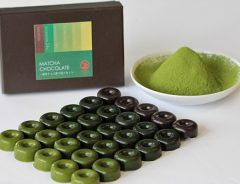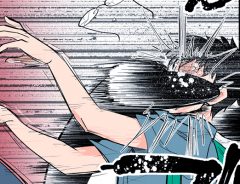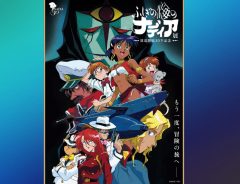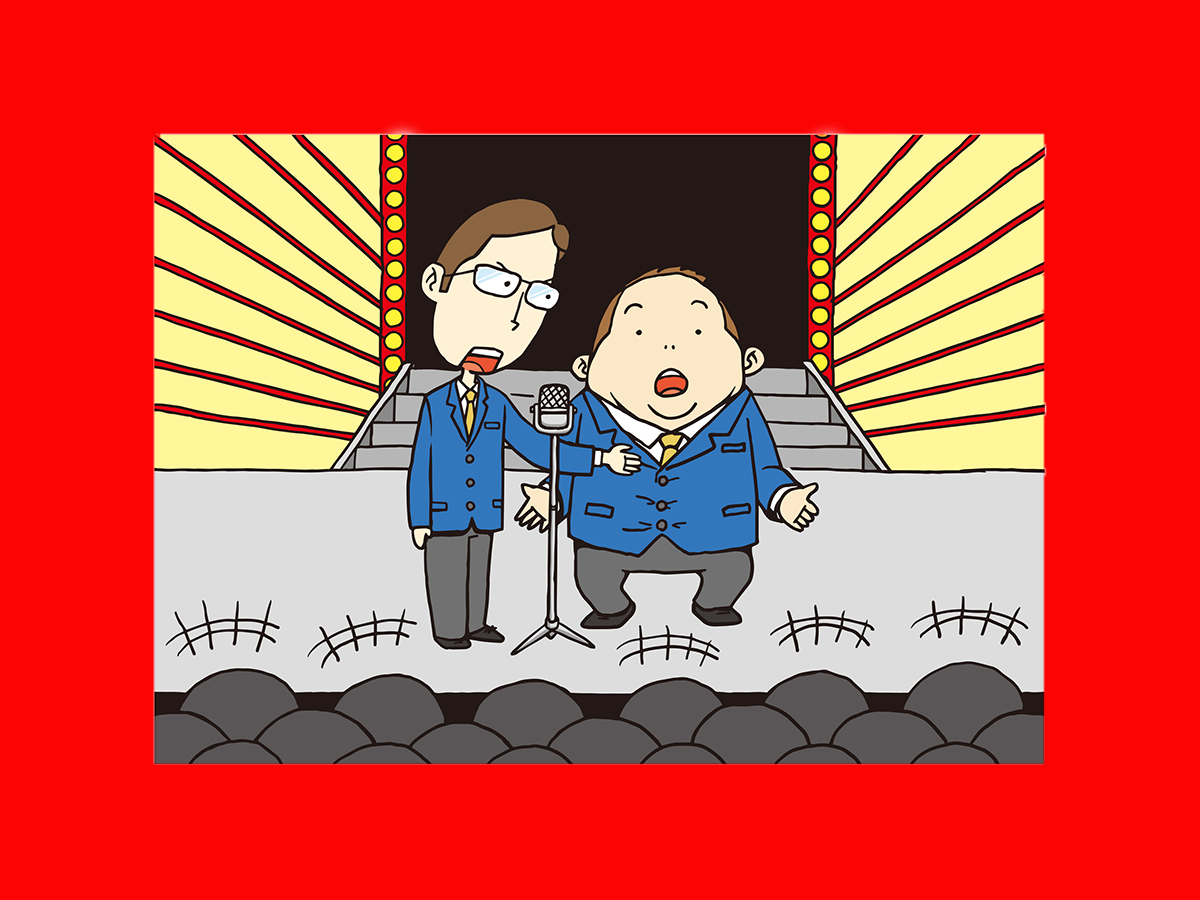- Tags:
- Japanese language / Kansai / Kansai dialect / Kansaiben / Kyoto / Osaka
Related Article
-

Chocolate Sampler Has World’s Most Intense Matcha Chocolates At 24% Concentration
-

When Train Cultures Collide: Tatami Kanzaki’s One-Frame Manga Depicts A Traveler’s Woes
-

The Japanese Student Formerly Known as Prince Who Fought Back Against Kira Kira Names
-

Impress Friends And Coworkers At Hanami Picnics With Green Tea Made From This Mini Matcha Making Kit
-

Super fluffy cat shaped bread hits Kyoto with new tea flavors
-

30th anniversary exhibition for Nadia: The Secret of Blue Water comes to Osaka



I visited Yokohama last month in November for an interview and caught up with some friends while I was in the area. Two are Japanese sisters from Kawasaki and the other is an American living in Saitama. We met up at an izakaya in Shinjuku and chatted over drinks and food.
The sisters can speak English, but we ended up speaking Japanese for most of the night. They are both incredibly bright and fun to be around. We split up and I headed back with Jon, the American, to stay over his place for the night.
Now as far as languages are concerned, I’ve always felt like listening has been my weakest point. Especially with Japanese where there are so many similar words. Maybe I could recognize them if I were reading, but I struggle to connect dots when I’m in the middle of a conversation.
That night I felt like my ears had magically opened because of how easy it was for me to understand the Kawasaki sisters. I was confessing this to Jon when we met up with his girlfriend, born and bred in Osaka. The last time I’d seen her was in June, before they’d moved from Osaka to Tokyo.
As soon as we started talking it dawned on me why I thought my Japanese was so much better with the Kawasaki sisters. They don’t speak the Kansai dialect!
Having lived in Kyoto for two and a half years, maybe I should be used to it by now, but I still have a lot of trouble depending on the person.
Here’s a recent conversation I had with two of my Japanese friends from Osaka. See if you can understand all the Kansai dialect, marked in red.
A: 明日パーティーいかへん?
Ashita paatii ikahen?
B: ええわ。
Eeh wa.
C: うーん、ぼくもいかないかも。
Uun, boku mo ikanai kamo.
A: はぁ?それあかんやで。しばくぞ !
Ha? Sore akan yade. Shibakuzo.
C: えぇー怒ってる?
Ee, okotteru?
A: ちゃうで。怒ってへんで。冗談やで。
Chaude. Okottehen de. Joudan yade.
C: でってなに
De te nani?
A: ホンマに関西弁しゃべられへんねんな。
Honmani Kansaiben shaberahen na.
B: でって関西弁の語尾やで。「だよ」みたいな感じ。
“De” te Kansaiben no gobi yade. “Dayo” mitaina kanji.
C: なるほど。多分僕は自然にあまり関西弁しゃべられへんねん。
Naruhodo. Tabun boku wa shizen ni amari kansaiben shaberahen nen.
A: できてるやん。すげー
Dekiteru yan. Suge!
Ok, so how’d you do? Let me translate that into English:
A: Hey are you going to the party tomorrow?
B: Nah.
C: Hmm...I might not go either.
A: Really? What the hell man?
C: Huh? You mad?
A: No dude. I’m just kidding.
C: What do you mean by “~de?”
A: Wow you really can’t speak Kansaiben huh.
B: “~de” is the same as “~dayo” in Kansai dialect.
C: Oh, I see. I probably can’t really speak Kansaiben naturally.
A: Wow, you did it!
Let’s go over a few easy phrases and tips that’ll make people think you learned Japanese in Kansai.
First, there are different inflections used to change the nuance of a sentence.
by Mujo
There are also some grammatical sentence inflections which have changed naturally to make speech roll of the tongue more easily.
by Mujo
Lastly, there tons of phrases and slang used in daily conversation, but here’s 10 of the most common.
by Mujo
To learn more about Kansai’s dialect, check out this link for a short compendium of useful phrases.